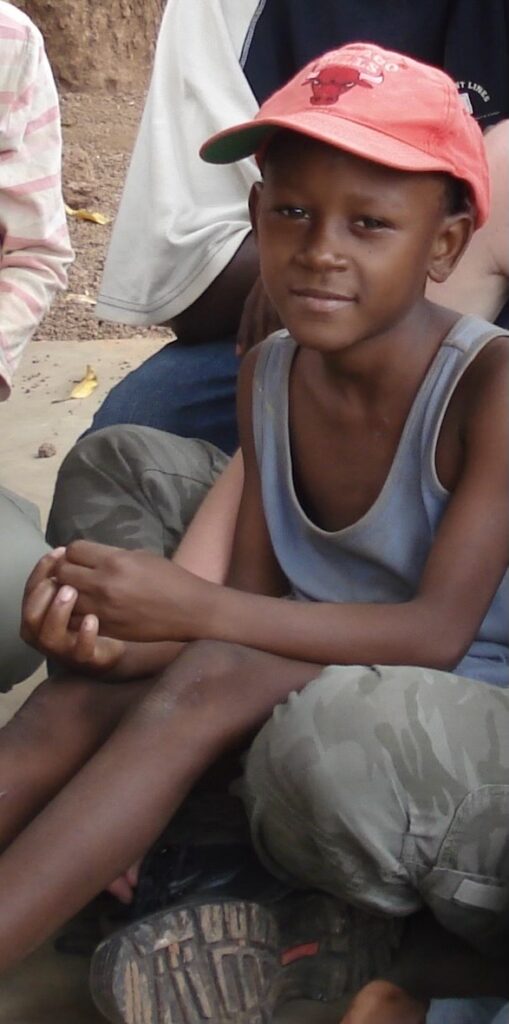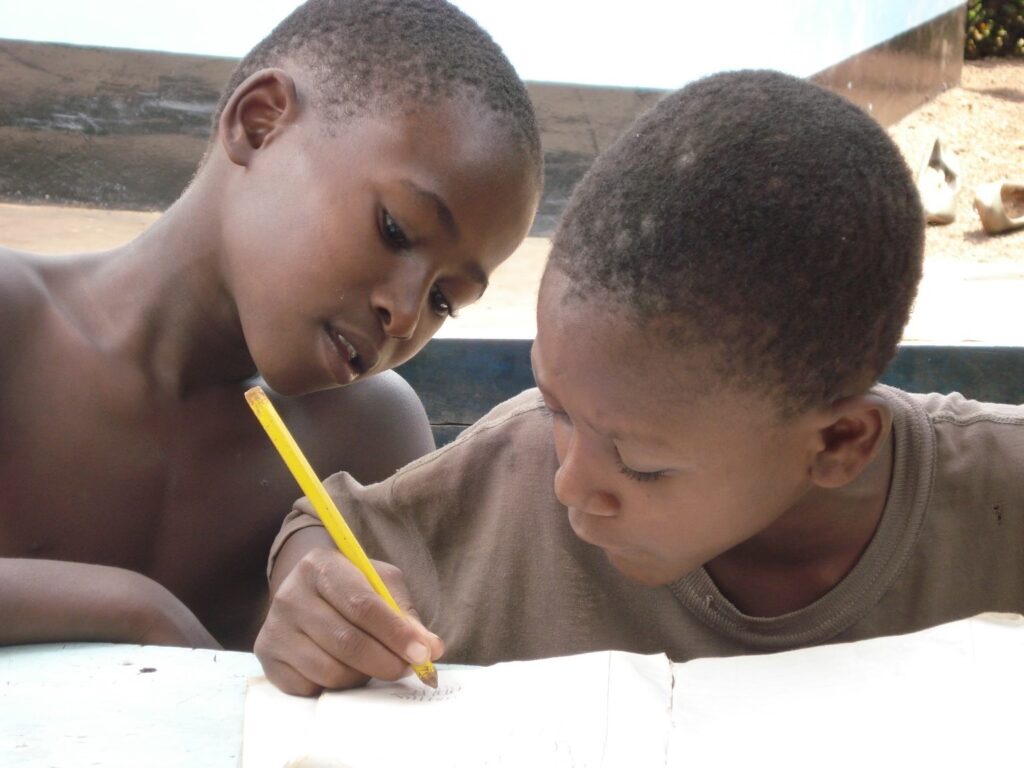One of Africa’s most dire challenges in health and human services remains the number of orphaned children. A recent study published by African Union/African Committee of Experts on the Rights and Welfare of the Child reported an estimated 35 million children in Africa have no parental care. In South Africa alone, nearly 210,000 children lost a parent or other primary caregiver, such as a grandparent, due to the COVID-19 pandemic, according to UNICEF.
Despite the overwhelming odds against African orphans, organizations such as the GO Campaign are working to change these grim statistics: one child at a time.
Leonce Kabela’s life was a routine of acrobatics practice, walking miles to and from school, and sleeping at the Tunahaki orphanage in Tanzania. Having lost his father at a young age and with an impoverished single mother unable to care for him, Leonce found solace and a sense of family among the 18 other children at the orphanage. While they were learning vocational skills with acrobatics, there was little else that the orphanage could provide. A lack of resources limited the orphans’ futures.
Education is one of the most essential resources out of reach for African families and orphans. Even in locations where schools are open, the cost of education can be cost-prohibitive for many families due to high tuition fees. The cost of schooling forces about 20% of elementary education students and more than 60% of adolescents out of the classroom.

A Stranger Makes A Difference
One day, Scott, a volunteer with a distinctive bald head (the kids had never seen anything like it!), entered the children’s world. Unlike most volunteers who would come and give candy and go, Scott returned faithfully every June and December. He played games with them—Twister was a favorite—so he took them swimming and treated them to ice cream. He even took them to Nakumatt, a huge retail chain akin to Walmart, and let them pick out whatever they wanted to reward their hard work in school. Leonce learned his first English words from Scott: “Be careful” — a constant reminder during acrobatics practice.
A bond grew between Leonce and Scott. Seeing Leonce’s dedication to his studies and acrobatics, Scott always promised to support his education if he continued to excel.

Leonce poured himself into his work. For his part, Scott helped Leonce get placed in English language schools in Tanzania. In the next few years, Leonce passed all his exams, and then the most unlikely opportunity arose — the chance to attend high school in America. Very few Tanzanians get such a chance, and even fewer orphans.
At first, Scott identified a possible opportunity in New York, and Leonce was excited by that idea, but he also worried that the cold would be too harsh for him. As fate would have it, an opportunity to attend high school in Hawaii came through — a similar climate to his homeland but geographically as far away from Tanzania as one could physically get.
Many firsts followed: the first escalator, the first airplane, the first bathtub, the first bedroom of his own, and so many more new experiences as he continued to learn English and adapt to American culture. He was amazed by the concept of lifeguards, wondered if mermaids were real, and couldn’t understand why school athletes get angry when they lose: “As long as I have done my best, I congratulate the winner, and I am happy.”
A full scholarship at Whitman College in Washington followed, where Leonce recently graduated with a degree in Chinese language and a minor in economics.

Now, with the familiar twinkle of determination in his eye, Leonce scours the internet and pounds the pavement for jobs in America, his Tanzanian passport a hurdle but not a roadblock. His eventual dream job? To start his own business back home in a few years: a testament to his resilience and ambition.
Leonce’s story is one of hope found in unexpected places. From the dusty grounds of the orphanage to the halls of academia, his journey has been made possible by the power of opportunity. Though the path ahead might have its challenges, Leonce, with his determination and newfound knowledge, is ready to take them on. With a little luck and continued hard work, Leonce’s dream of giving back to his community through his own business may just come true.
This post was submitted as part of our “You Said It” program.” Your voice, ideas, and engagement are important to help us accomplish our mission. We encourage you to share your ideas and efforts to make the world a better place by submitting a “You Said It.”
How To Help
GO Campaign, founded in 2006, believes every child deserves the right to the opportunity to have medical care, an education, shelter, clean water, food, and a fair chance at life. Their initiatives and grants help fund and support local projects within communities to impact children’s lives worldwide significantly.
GO Campaign accepts one-time and monthly donations of any amount on its official website.

A note from GO Campaign: Leonce is one of the hardest workers you will meet and is willing to do what it takes to secure his first job. If you have an entry-level job and want to reach Leonce, please contact him on LinkedIn at Leonce Kabela.

